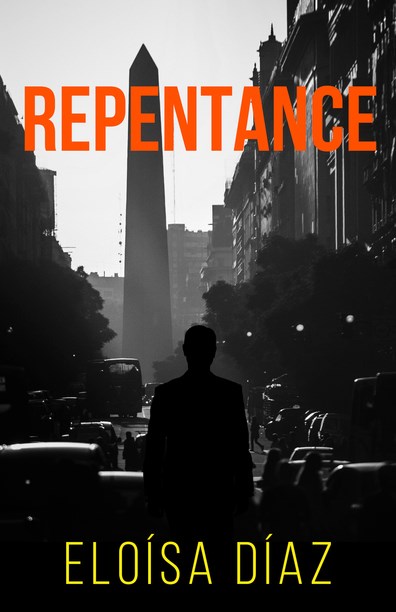Meredith Morris-Dale used to work with her husband, John. Now they’re divorced and moving on, their daughter grown and out on her own and John retired and pursing his passion as an artist. Meredith’s job needs John for one last gig, though. That wouldn’t be too unusual except that the task is for him to re-up in the CIA and re-establish contact with a scientist who’s sabotaging Iran’s effort to build a nuclear bomb. John was suspended from “the company” for an operation that went wrong, the traumatic details of which are slowly revealed; he also doesn’t want back in, but Cerberus, as the Iranian scientist is known to the CIA, won’t deal with anyone else. Soon John’s on a perilous journey to find Cerberus, a journey on which he’s pursued by other global bad guys who are using him to pin down details of the international spy network and move up in the superpower ranks. From the opening, this is like the best kind of action movie—fast moving, smart subplots, hair-raising escapes from death. Adding to the action is John’s decency toward the good people he meets and ruthlessness with all the rest. If you’ve ever wondered what a much scruffier James Bond would be like, this is the book for you.
Political
Konkoly, Steven. Deep Sleep. January 2022. Thomas & Mercer.
Fans of espionage and breakneck action are the audience for this political thriller from Konkoly (Black Flagged series). Unusually, the catalyst for the action is a dead woman: former CIA agent Helen Grey meets her end early in the book on a mysterious solo mission to kidnap a man from a retirement home. Her son, Devin, is not surprised to hear that his mother is behind this bizarre crime; she’s been paranoid about a government conspiracy for years. But carefully coded messages she left in anticipation of her death lead Devin to the truth of the old saying that just because you’re paranoid doesn’t mean they’re not out to get you. Devin and his former-Marine friend Marnie (will they or won’t they get together by book’s end?) realize that long-swirling rumors about Russian agents infiltrating the U.S. government, working to sabotage the country from within, might be true. While the premise here is interesting, the action makes the book; it’s almost one long fight scene, and those who are nerdy for specs on drones, weapons, and surveillance tech will eat it up. A must for Tom Clancy devotees.
It’s 1981 and Inspector Joaquín Alzada has one goal: to keep his head down and avoid trouble. Not so easy when you are a cop in Buenos Aires during a period of extreme political turmoil, with Las Madres de la Plaza de Mayo bearing daily witness to the thousands of citizens who have been made disappeared. But when his activist brother Jorge is among the missing, Joaquín has no choice but to use his political chips and try to save his brother. Flip to twenty years later, when Argentina is facing a serious economic crisis, with middle-class citizens going hungry and taking to the streets. Again, Joaquín’s reaction is to lie low—he’s close to retirement, after all—but circumstances won’t allow it. For one thing, the body of a woman is found, dumped near the morgue, while at the same time one of Buenos Aires’s wealthiest women has gone missing. Are they a match? Then, the twenty-something son of Jorge—raised by Joaquín and his wife—joins the protestors. Repentance isn’t so much crime fiction as it is fiction embedded in crime, and Díaz skillfully uses Joaquín’s inner voice—poignant, dryly witty, anxious—to move the narrative along. A powerful first novel that brilliantly illuminates a country, a historical period, and an individual.
- 1
- 2



